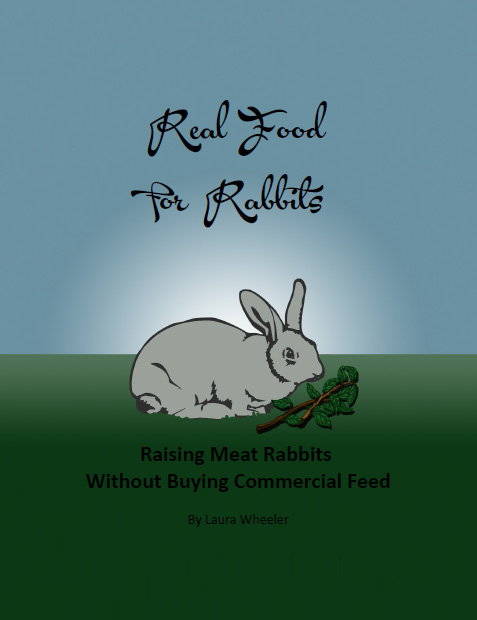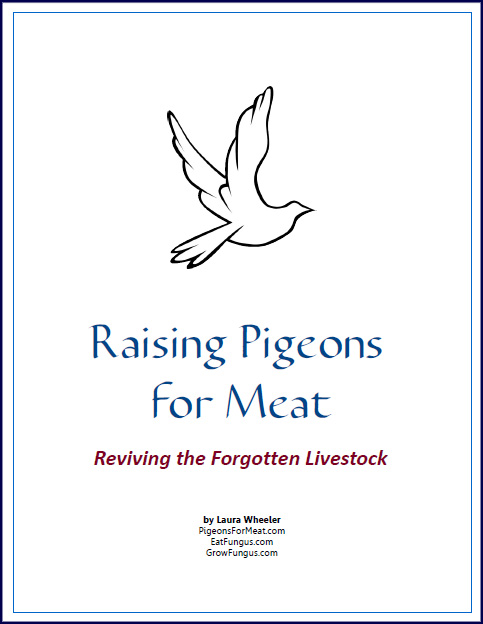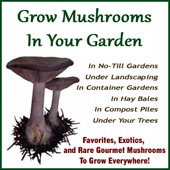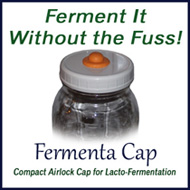Turkeys
Standard Bronze Turkey
At one time the Bronze Turkey was the most popular commercial turkey in the US. It was bred up to create the Broad Breasted Bronze (often labeled BBBronze), which cannot mate naturally. We cannot recommend the Broad Breasted Bronze, only the Standard Bronze, but we also acknowledge that these two varieties may be mislabeled, and that finding true Standard Bronze turkeys can be challenging. They are a bird worthy of preservation, as they retain more self-sufficiency traits than their overblown cousins.
The Standard Bronze is a reasonable forager, and will sometimes brood its own young (this trait can be selected for to improve this capacity). They are fairly prolific for a turkey, and a good choice for sustainable home or farm production.
- Type - meat
- Size - medium to large, depending on bloodlines and diet
- Production Capacity - good solid production of sizable company dinners
- Special Features- feathers gleam bronze in the sun, and the Standard Bronze is at the high end for high production without crossing the line into abnormally high weight.
- Best for Farms - good for pastured turkey production, and for sustainable homestead production, where the owner is prepared to engage in some selective breeding to fully restore Heritage traits
- Eggs, Milk, Meat Features - classic turkey meat and reasonable production of eggs for hatching
- Other Products - some market for feathers
- Historic or Contemporary Significance - a historically popular breed that is of value to small farms
- Housing and Space Requirement - typical
- Regional Adaptations - adapts to a range of conditions
- Feed Requirement - typical, but if this bird is given good fresh foods it is healthier and more prolific
- Other Considerations - If allowed time to grow, these birds can get very large. As in, "The turkey won't fit in my oven." large. Broad Breasted Turkeys routinely do this when raised by small farms, but the Standard Bronze can also achieve a very impressive size.
A NOTE ABOUT TURKEYS:
Turkeys are typically raised in some degree of confinement, though many have some access to pasture (not sufficient for significant feed contribution). In this situation, and where breeding emphasizes the ability to rapidly gain weight over all other traits, Turkeys have lost much of their foraging ability. The wonderful thing is though, that these instincts can be sharpened right back up, simply by making a variety of foods available, and by reducing pre-mixed feeds so the birds are required to vary their diet.
Turkeys are omnivores, and eat pretty much anything, including bugs, small rodents, vegetables, weeds, fruits, grains, seeds, nuts, etc. They are most fertile with a healthy amount of animal or insect proteins, and they are healthiest when they have plenty of greens to forage.
Turkeys may be fed a variety of those items, generally smaller seeds and smaller pieces of vegetation (dried or fresh) from the time they hatch. They will usually eat what is familiar, and it may take several exposures to get them to eat a new thing if they have been fed commercial feeds (this is true of most animals). But with repetition, those things which are good for them will eventually be consumed, and they will be willing to eat an amazing variety of foods, and to hunt and forage for a large portion of their own food if good forage is made available. Not only does their foraging instinct sharpen up, but they quickly learn to self-regulate their nutritional needs (provided a variety is available) and they will rarely eat anything that is harmful for them once they are practiced at eating forage foods (the exception is if you chop and mix foods and thereby force them to eat the bad along with the good, or if there is nothing else for them to eat but harmful foods). Animals are smart when we let them be!
Many Heritage breeds are smaller than the breed standard calls for since they have not been bred for productivity for many decades. Selective breeding for several generations will restore production traits, and other utility traits, and restore not only the breed names, but the true value of the breed.
Male Turkeys can always be aggressive in breeding season, and some may be just out of general cussedness. An angry Tom is nothing to be casual about. Hens can be defensive when brooding. Even "calm" breeds will have these issues, they are animals that protect their territory and their young. Respecting that makes it easier to raise Turkeys without unpleasant confrontations. More aggressive toms and hens also are better defenders against predators, so there is a definite trade-off.
The Americal Poultry Association claims that there is only one breed of turkey, and many strains. Their definition of a breed versus a variety seems to contradict their position where turkeys are concerned. We, and a number of other authorities which have as much right to define them as the APA does, feel otherwise, and refer to the majority of Turkeys as Breeds rather than Varieties.
 Click to Download Your Free Heritage Pickling and Culturing e-Book Now!
Click to Download Your Free Heritage Pickling and Culturing e-Book Now!
Instant Download, NO Registration Required!






